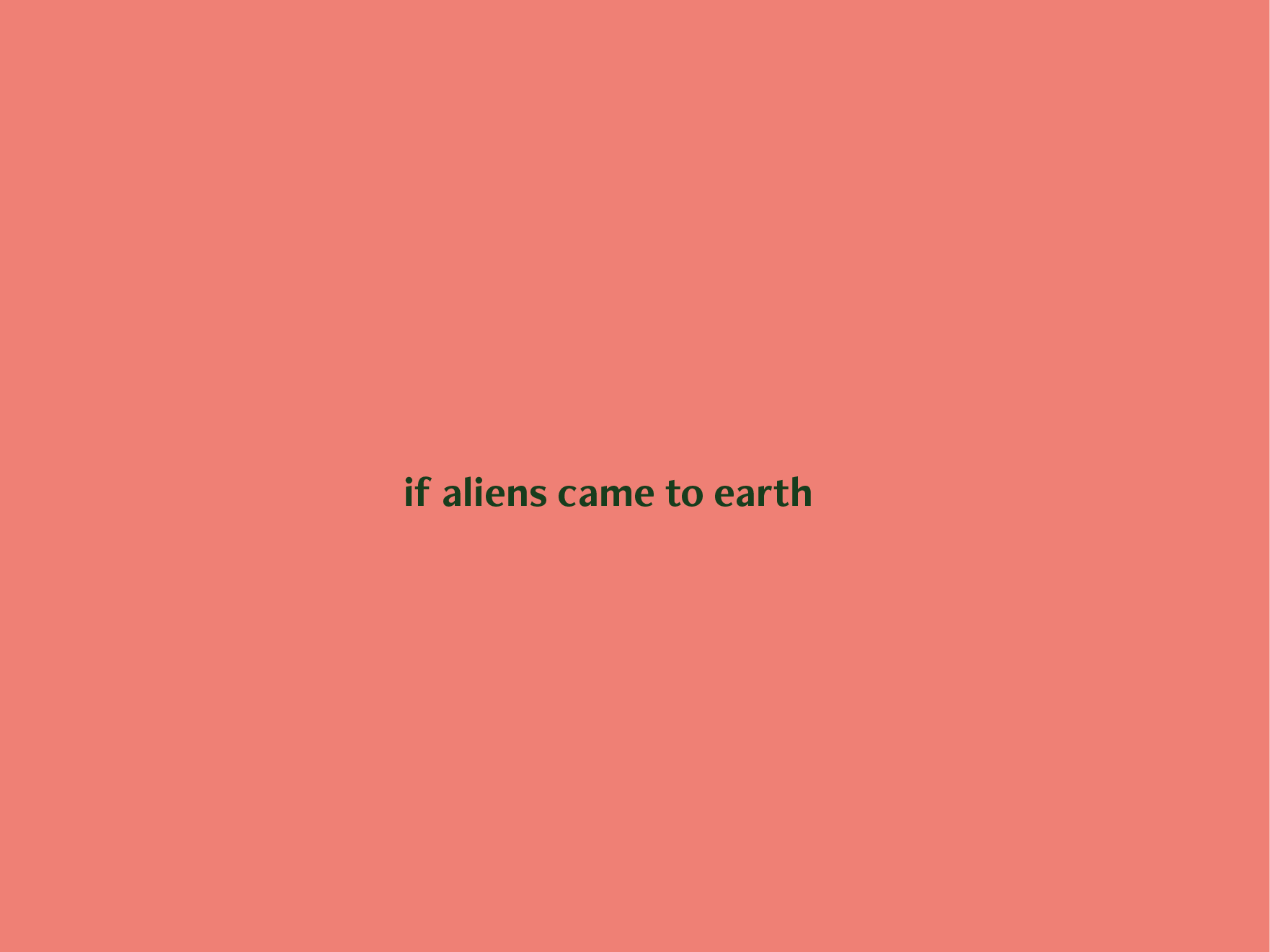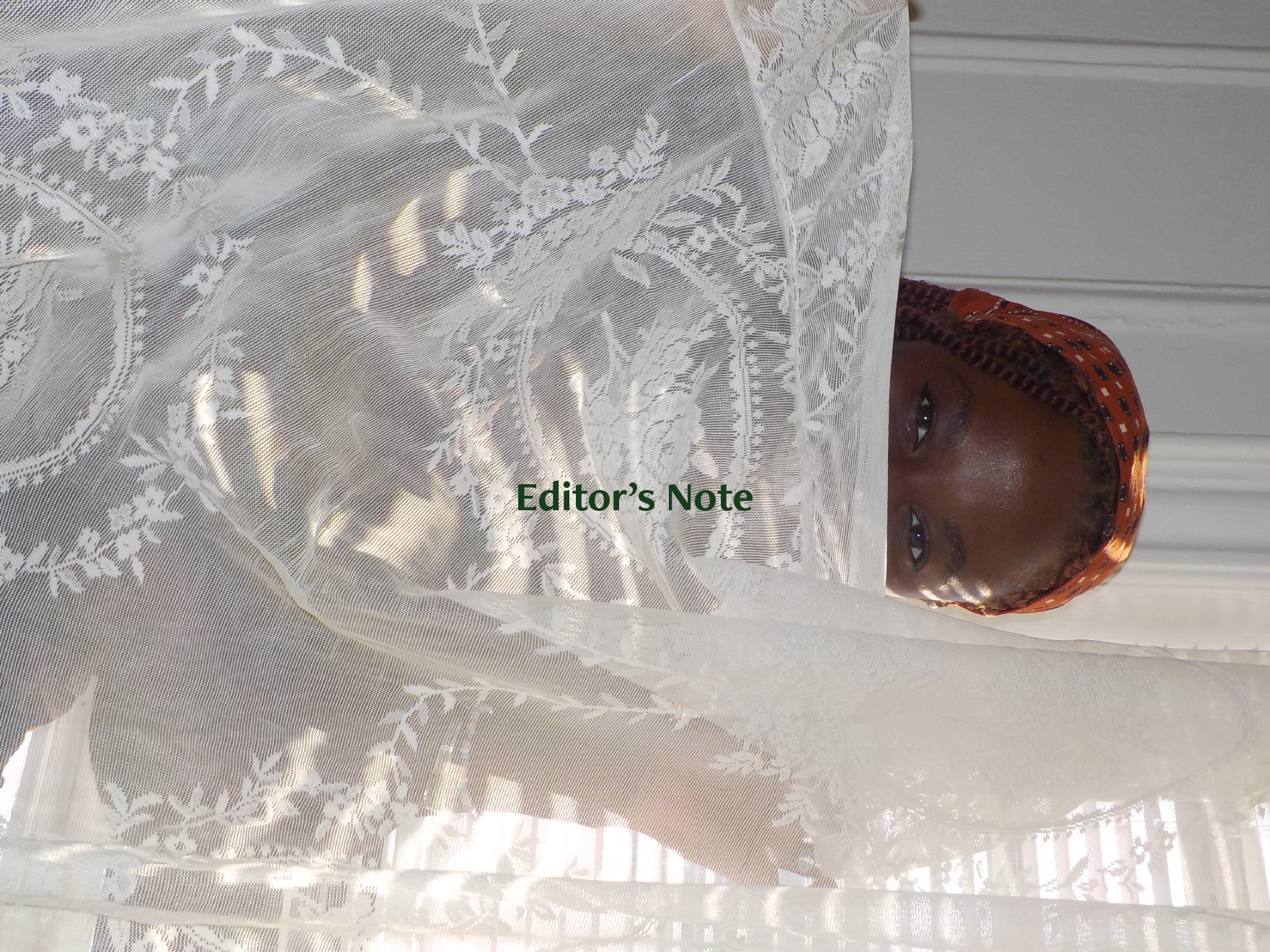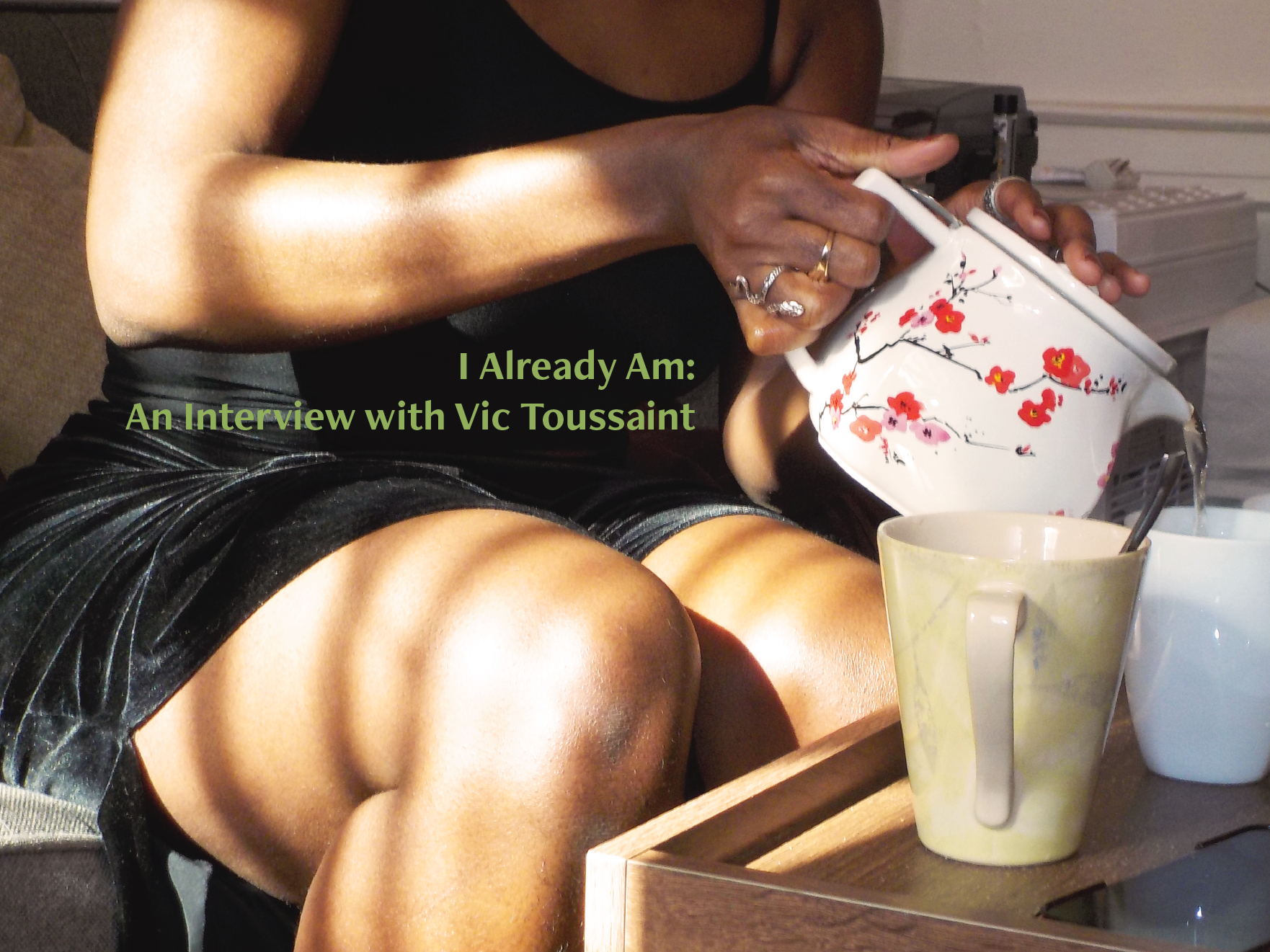“If our very being is always bios and logos, we are always in language, in words. It is the ability of language to correlate with the physicalistic correlates of the brain that then constitutes us as human.”
Sylvia Wynter, PROUD/FLESH Interviews
Belonging is intrinsic to being. We exist, therefore we belong. We belong in our bodies, like we belong in the planet. Quite literally, we belong in no other place in the universe, at least, not one we have discovered in this time.
Western knowledge systems insist that the best kind of human is one that belongs to the world, and all that do not belong are living with a conditional relationship to being human. Embedded in this axiom is hierarchy. This “good” human is normative along a scale of whiteness, maleness, wealth, heterosexuality, cis-ness, and ability. They are biologically fit to live–with no conditions.
In the US, language is employed to forge categories of being human--defining humans as individual, natural, and biological. Language codifies and replicates this definition through a process called sociogeny. Sociogeny is the reproduction of a dominant order through a system of knowledge that instructs people on how to live out their lives. To fine-tune this term, Sylvia Wynter relied on the writings of Frantz Fanon, who first coined it in his book, Black Skin, White Masks (1).
Part of sociogeny’s power is how invisible it can feel as a process because it becomes so embedded in each of our lifetimes—in many ways we replicate the dominant order even within our own minds. The two thinkers were studying consciousness, trying to investigate the way Black humans live at odds with a globalized Western knowledge system. They wanted to unveil the power of language to alienate us from ourselves, our bodies, and our planet.
I know I belong in the earth, I feel it like a touch at my temples, like a light pulse. This knowledge has lived in my spirit since I was a child, and as I grew, I grieved it. I believe that every organism contains this ancient whisper, the knowledge that we are planted here on purpose, tickled by this terrain, melding to our loam-home. I have clear memories of hearing it in the wind or feeling it in the mud between my toes.
I ached as I felt that knowledge and my own being twist and contort to fit the confines of every rigid word. As I aged, I pushed myself to reclaim my innate belonging by becoming that “good” human. I emphasized any part of me that might allow me to earn this belonging from a society that held it captive.
Sociogeny teaches me that language is really about imagination. How do I unspool the tender potential waiting in words? I pull the first thread—studying the lacerations the English language has left on my spirit. As I investigate the role that each of these words have played in my life, I make way for these ruptures to freeze shut under fresh skin. Only then can they bear new meaning.
Natural
Adjective. 1. existing in or caused by nature; not made or caused by humankind. 2. of or in agreement with the character or makeup of, or circumstances surrounding, someone or something.
What is natural, is beautiful. A gently dewing leaf’s lip, or the last burning streak of sun dusking the horizon. Their relationship to beauty is not questioned. Growing up in an American charter school system, I learned that nature cannot be questioned, like the divine. Yet, I was learning the dominant order’s version of what was natural. Whiteness, unpreened, was natural. White children were naturally well-behaved, well-intentioned, and innocent. Black children were naturally mischievous, noisy and animalistic. To belong, the task was to subdue any flowering of bigness in my spirit—I quieted my speech and my mannerisms. In doing so, I conceded that I needed to earn my place in nature.
I saw my features as crude and unnatural, even as my loved ones sought to shield me from these feelings. They too, carried long-held scars of language, had had nature dangled just out of their reach all their lives. How could they shield me from the texts I was given, over and over again? In them, humans were natural beings, and all of their behaviors could be traced to the shape of their bodies. They had evolved from animal origins, becoming homo sapiens on the continent of Africa. But Africa was not revered as the heart of human life, as a sacred birthplace of our being. It was the home of Blackness, a continent of people stuck in humanity’s past. It was the listless state of non-being my great-great-grandparents supposedly floated in, before being colonized and taking their first steps into “true” nature.
The supreme evolutionary form, the most natural human, lived in the present—and it was white. It was slim, and assigned male. It had cool, light eyes, a narrow nose and small mouth. This person lifted from the pages of my textbook and glared into me through TVs. It strolled from science class, into math & physics, it perched by the whiteboard in every English class I entered. This was the natural way to be born. I remember being six, pleading with my mother to make my hair “down hair”. “Down hair”--as in, hair that is long and straight. I was asking to be beautiful, to be a long burning streak of fire in the sky. I was asking to belong.
Individual
Adjective. single; separate. Noun. a single human being as distinct from a group, class, or family.
Independence—a shiny and slippery syllabic promise. It’s a word I learned alongside the word history, potentially—that’s how far back we go. Small, American, and relieved to be, I learned that independence was synonymous with freedom. I discovered that the ultimate embodiment of this term could be found in the hallowed bedrock of one word: individual.
By its logic, every human is responsible for themselves, and dependence is antithetical to power. To be a “good” American, one has to be an individual. When I learned to think about myself as an individual, it was less about self-acceptance, self-compassion, or grace. I learned that the world was a place of hierarchy, with finite resources. As an individual, one must prove their worthiness of a place in that hierarchy, of the resources humans need to live.
This wasn’t just a logic of American romanticism, memories of a thwarted king and a well-won war. This was a Euro-Christian logic, too—one that imperialism, colonization, and global capitalism had fortified into law. In church, I learned about the individual self, how it must be guarded against forces of evil, of “darkness”. Although the idea was that the church could be a body and a community, in practice, I was taught to harbor an individual shame, like a dense and shapeless pet. If I bowed to sin at any moment, I would seal a desperate fate, punishment from the highest order of spirit—God. God embodied the perfect individual, the independent and benevolent locus of power. This God held every person responsible for their ‘self’ in a vacuum, and failure to steward the ‘self’ effectively could mean annihilation.
None of this theological work could have teethed on my young heart without capitalism. There was always the rigor of education in my household, the chase for enough of finite, invisible stores of money to feel at ease, to feel human. I was taught to build my ‘self’, to compete with my peers, to compare my ‘self’ endlessly to ensure I never suffered the fate of desolation. My parents could see the levels clearly in their mind; they lived at the foot of a mountain of generations descending backwards in time to the first moment of contact with the West in Nigeria. These levels were enforced with blood, with the imposition of a new language, god, and economy. At the top level, the resources were abundant, and if one built themselves up enough, they could certainly share them—but at their discretion. Such was the alienation of the one. The one who possesses, who dominates, who can finally claim to be human. The individual by this logic relents to nothing and is connected to nothing. If they are not self-made, they are not made at all.
This word and its teachings made me feel desperate, as I struggled to provide my ‘self’ with everything I needed alone. I affixed the face of independence to my body, suffering silently with the burden of capitalism on my back and the buzz of history in my ear. It has been a source of a profound loneliness within me, a loneliness I see in my loved ones, a loneliness my ancestors had to resist to survive. When we learn that we are singular, we literally live the reduction.
Biological
Adjective. 1. relating to biology or living organisms. Biology. Noun. the study of living organisms, divided into many specialized fields that cover their morphology, physiology, anatomy, behavior, origin, and distribution.
In the Western world, biology is destiny. Given that vast responsibility, it is defined rigorously, inscribing the body within text-laid margins. This term carries such a unique violence when manipulated because it reduces every person to matter. It then teaches each of us how to matter, as though it is not an inherent fact of being. Biology is defined as our morphology, anatomy, it is of and relating to the body. If something is biological, it is predetermined, immutable, and is granted to each person at the mouth of the river that is their life. According to this logic, one is biologically gendered, biologically raced, biologically fit to live. Their life is a series of biological desires, biological cravings, and biological destinies. Who we are is an inevitable result of the shape of our bodies.
I knew this, as I encountered and integrated the term into my life. I was born biologically female, and that made me a woman. My genitalia was an expression of who I was destined to be. If I could conform to what I supposedly desired because of my biology, I would be a “good” woman. This logic crumbled constantly as I grew. I had to be taught, to learn again and again, what a “good” woman was. Anatomically, I had arms that could carry, could serve, could support. I had a mind that would be ever duller, ever more forgiving than that of the ruling gender. I lived out my ostensible “masculinity” and all of my traits that exceeded the gender binary with a helplessness that I was forced to hide. And most importantly, I could never be a “good” woman, because they were all biologically white. I was also born with Black skin, and I knew it to be biologically inferior, an outward expression of a troubled, unfit humanity. This recognition I cannot trace, as it surely existed in my earliest memories. I remember learning Black people were lazier, uglier, more animal-like than all other people, and it was simply out of their control. They were biologically destined for these things, built to withstand more pain and destined to suffer it too.
The excruciating weight of biology in my life cannot be overstated. This term, in the Western vision of reality, is the end of all being. It feels like this, in practice. If my body is a symbol of all that I am not, where can I get respite from the pain of failing to truly be?
These words work in tandem, enforcing a sense of alienation for all who cannot conform to their mandates—of singularity, of binary, and of co-opted belonging. In each case, sociogeny generated these painful outcomes in my own life and in the lives of my family and friends, my loved ones alive and passed on. I read Sylvia Wynter’s investigations into sociogeny as an act of resistance and a determination to survive amidst this alienation. To confront language’s power is to conceive of a new life for every word.
Relentlessly, I belong. I still live in the habitat of my body, and on the planet that is my home. That is why the mandates of nature, individuality and biology no longer work a strange magic in my life.
I am natural not by any Eurocentric standard but by my own, fundamental definition of the word—I am born of and in the earth. I feel most natural when I am in a congregation of Black people, conversing with loved ones, fingering a leaf, or turning my face up to the sun. I and the sturdy sapling, I and the yellowing fruit. Organisms, we are, all of us, inextricably linked to the environment, and indisputably connected to each other.
These linkages refute the isolation of individuality. I exist because generations of souls I can only encounter in spiritual realms existed before and around me. I am a calibration of stories and fortunes, resolving themselves into the shape of a human being. My organic destiny is to be supported and loved by humans and other forms of life. I live in a series of mutual exchanges, and all my decisions and desires have material and immaterial ripple effects in the lives of others. It is impossible to live human and truly be individual--as in, indivisibly single. My body is an ecosystem of cellular voices speaking to each other in tongues I cannot understand but harbor nonetheless. We are holobiont organisms with many symbionts living within our bodies. That means humans are an assemblage of a host with many other species living in and around us, which together form an ecological unit (2). It is a relief to know that loneliness is a feeling, not an ecological fact. We are never alone.
It is true that we each have one body, and one beginning. But after this, biology cannot be used to define our life trajectories. If biological being is the dawn of life, I am at peace with it. I am grateful for the quiet. As long as the sun that treats and sings the grounds of my life awake is the word. Words I invent and de-form. Yes, I was born an organism, and my body possesses contours and colors that may or may not mutate. But those contours and colors cannot dictate my being. The alchemy of race is not biological fact but sociogenic myth. We aren’t born fit to live or die based on our biology, we are marked by this fictitious linguistic mission to live or die based on human invention. Western mandates travelling through English words.
We are human, wrought from the earth’s belly like ore. It’s an honor and a privilege to belong here. The words that occlude this truth from so many of us are not worthy of us anymore. They never were. We can re-define them. Our future is what we can imagine through peeling apart the text that we wear, that builds like callouses on our palms from decades and decades of learning how to be human by someone else’s distorted definition. Dreaming requires quiet, and we must grieve the time we’ve lost to false language. As I grieve, I remain open to language’s magic. My spirit lifts every time I write a new meaning for an old word from an old world. This is a collective process of recovering ourselves. Spinning ‘o’s’ and ‘a’s’ like threads on a loom. Blanketing ourselves in a universe of vowels that sound like home.
Works Cited
Wynter, Sylvia. "Towards the sociogenic principle: Fanon, identity, the puzzle of conscious experience, and what it is like to be “Black”." National identities and socio-political changes in Latin America. Routledge, 2013. 30-66.
Jackson, Zakiyyah Iman. "Becoming human: Matter and meaning in an antiblack world." Becoming human. New York University Press, 2020.



